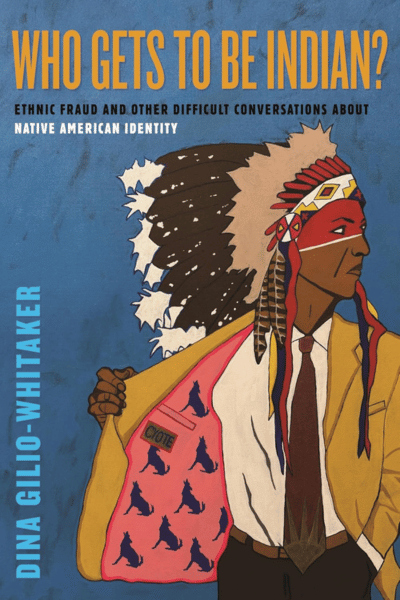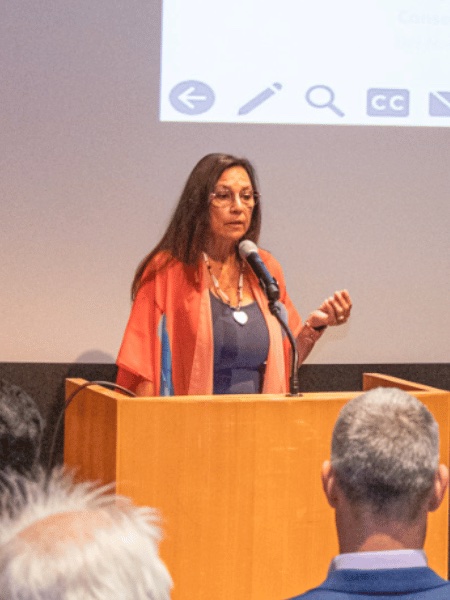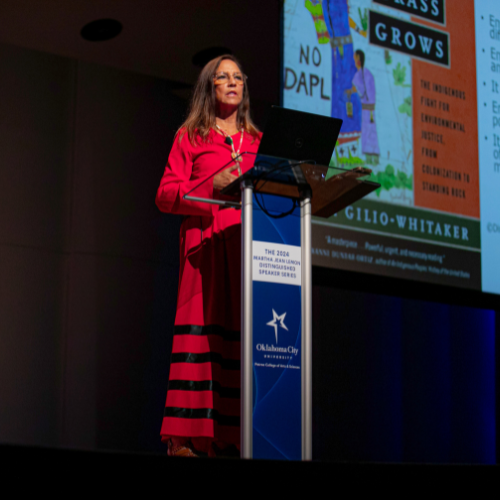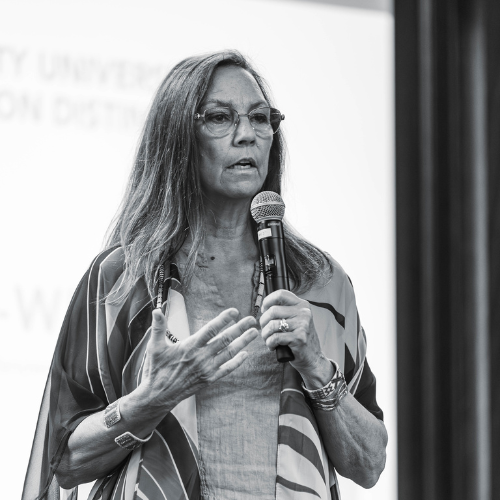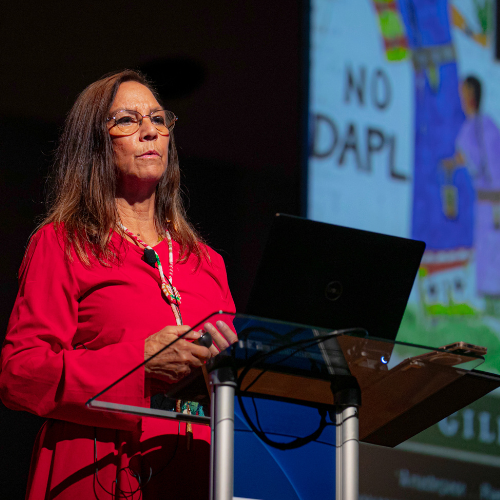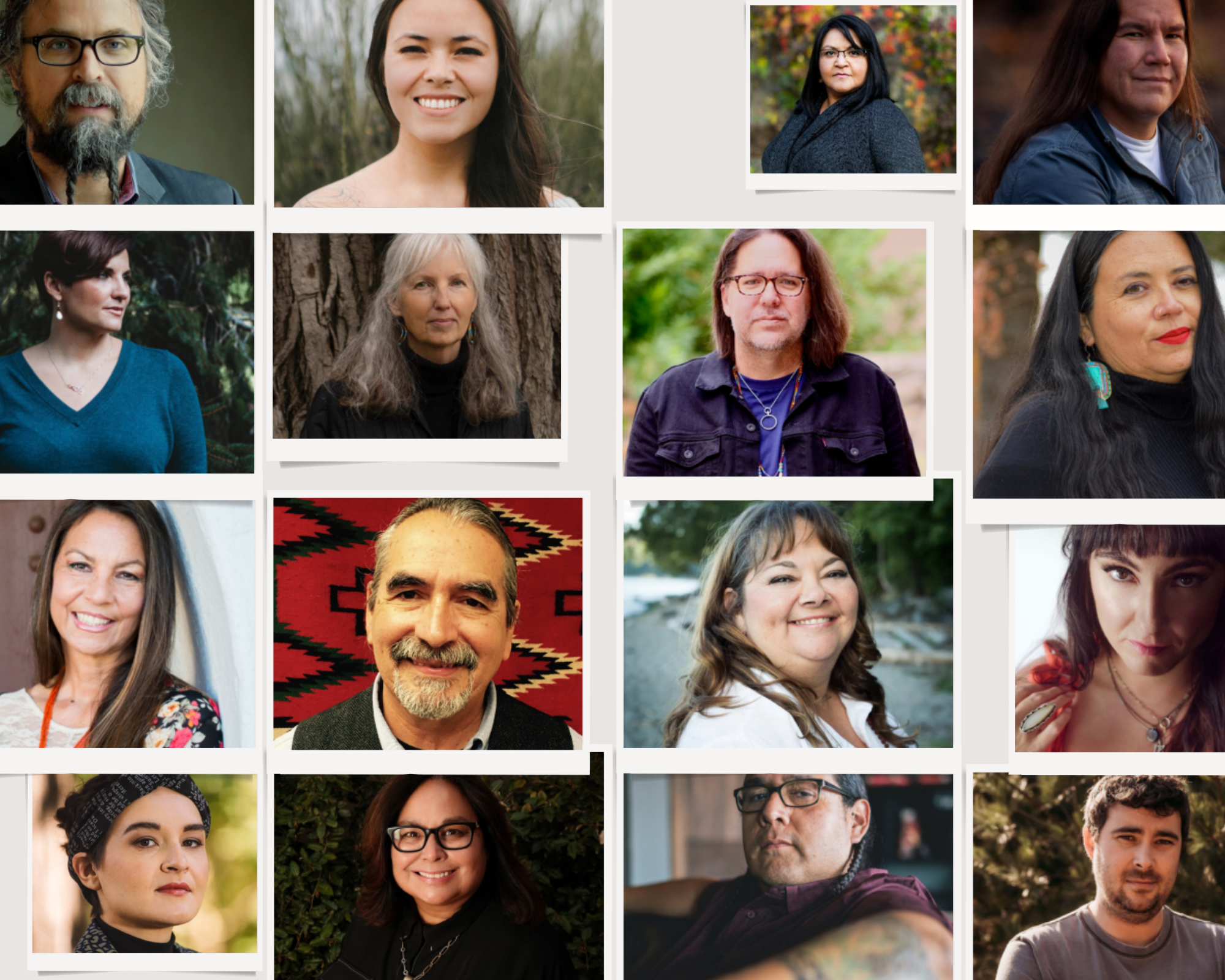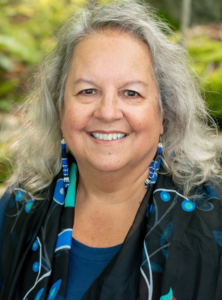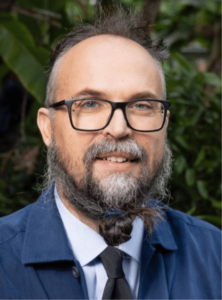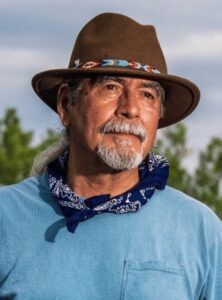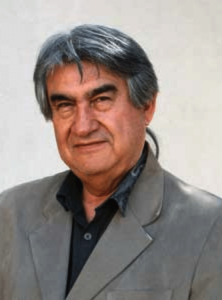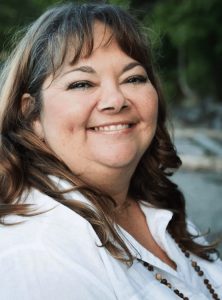Dina Gilio-Whitaker (Colville Confederated Tribes) is a lecturer of American Indian Studies at California State University San Marcos and independent educator/advisor on Indigenous environmental issues. She is a sought-after speaker and has addressed and advised a wide array of academic disciplines and organizations in the realms of conservation, law, science, government, outdoor sports, and more. As a freelance journalist, her work has appeared in Indian Country Today, Los Angeles Times, High Country News, Sierra Magazine, Time.com, Slate, History.com, Bioneers, Truthout, the Pacifica Network, Grist, CSPAN Booktalk, The Boston Globe, and many more. She has won numerous awards for her writing, including awards from the Native American Journalists Association. Her research interests focus on Indigenous nationalism, self-determination, environmental justice, and education. For several years she was involved with Indigenous peoples’ participation in the United Nations arena. She also works within the academic field of critical sports studies, examining the intersections of indigeneity and the sport of surfing. Dina helped author AB 1782 in 2018, a bill to make surfing California’s state sport and regularly works within surf culture elevating the perspectives of Indigenous surfers, youth, and communities.
In 2016 she published her first book along with coauthor Roxanne Dunbar-Ortiz, “All the Real Indians Died Off” and 20 Other Myths About Native Americans (Beacon Press). Her next book is the critically acclaimed and award-winning As Long as Grass Grows: The Indigenous Fight for Environmental Justice from Colonization to Standing Rock (Beacon Press, 2019). Dina is currently under contract with Beacon Press for two new books, with one releasing in October 2025 called Who Gets to Be Indian?: Ethnic Fraud, Disenrollment, and Other Difficult Conversations About Native American Identity.
Dina’s civic service includes board memberships on the San Onofre Parks Foundation and High Country News. Born and raised in Los Angeles, Dina considers herself an urban Indian whose Colville mother came to LA during the termination years.

